< Our Work
The Ferencz International Justice Initiative
The Ferencz International Justice Initiative is working towards a more peaceful and just world in which societies affected by genocide and crimes against humanity address their legacies of extreme violence and hatred through meaningful justice processes that place victims and survivors at the center. Our work aims to help to provide justice, truth, and redress for victims, to hold perpetrators accountable, and to end impunity for the worst crimes. We do this by bringing together coalitions of change-agents—from affected communities and from the halls of power—to incubate new strategies to advance justice. Through education, research, and outreach, we empower and equip these change-agents to press for justice over the long term.
Informed by research that shows that ignoring past atrocities increases the risk of future atrocities, the Ferencz Initiative builds on the lifelong work of one of the most effective change-agents of our time—Nuremberg prosecutor Benjamin Ferencz—and is an integral part of the Simon-Skjodt Center’s mission to prevent, halt, and redress genocide and related crimes against humanity.
-
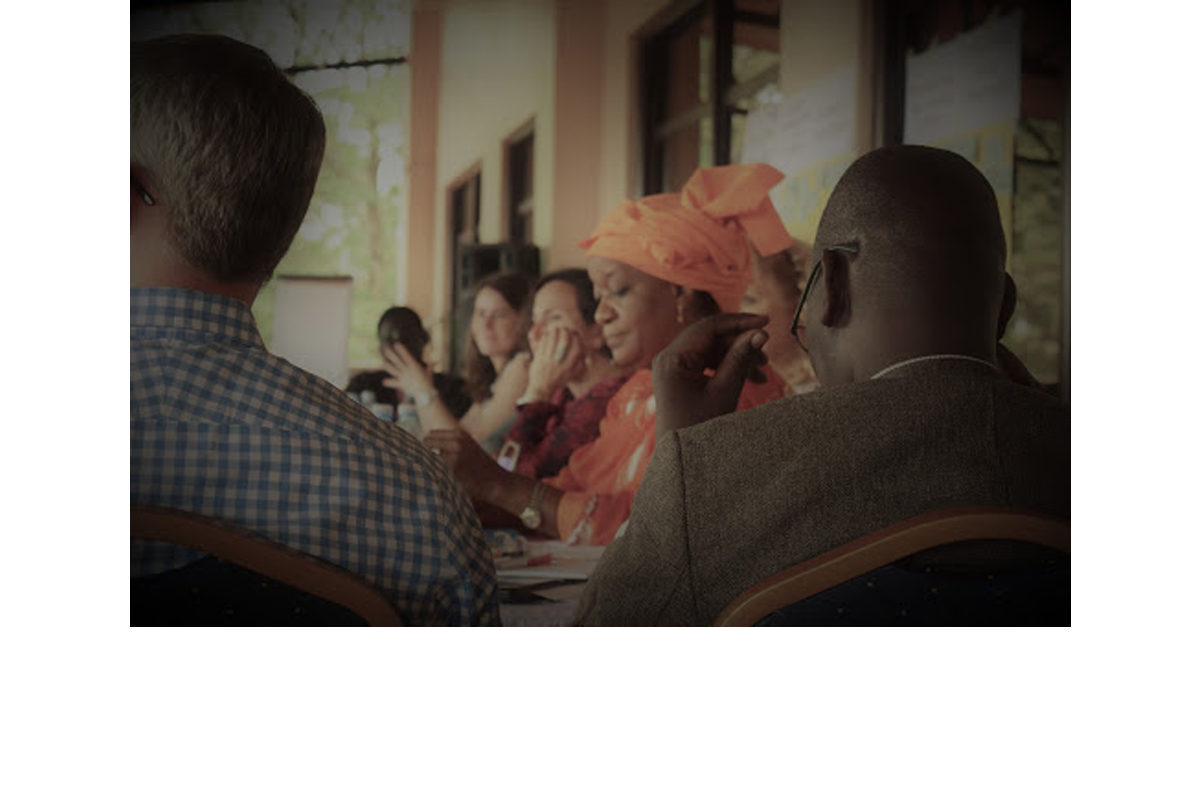
Coalition-Building and Advisory Support
Through our Justice Advisory Groups—our flagship program—we bring local, regional, and international change-agents to the same table on a regular basis to incubate and inspire innovative strategies for holistic and meaningful justice. Through strategic partnerships, we help them to move from strategy to action.
-
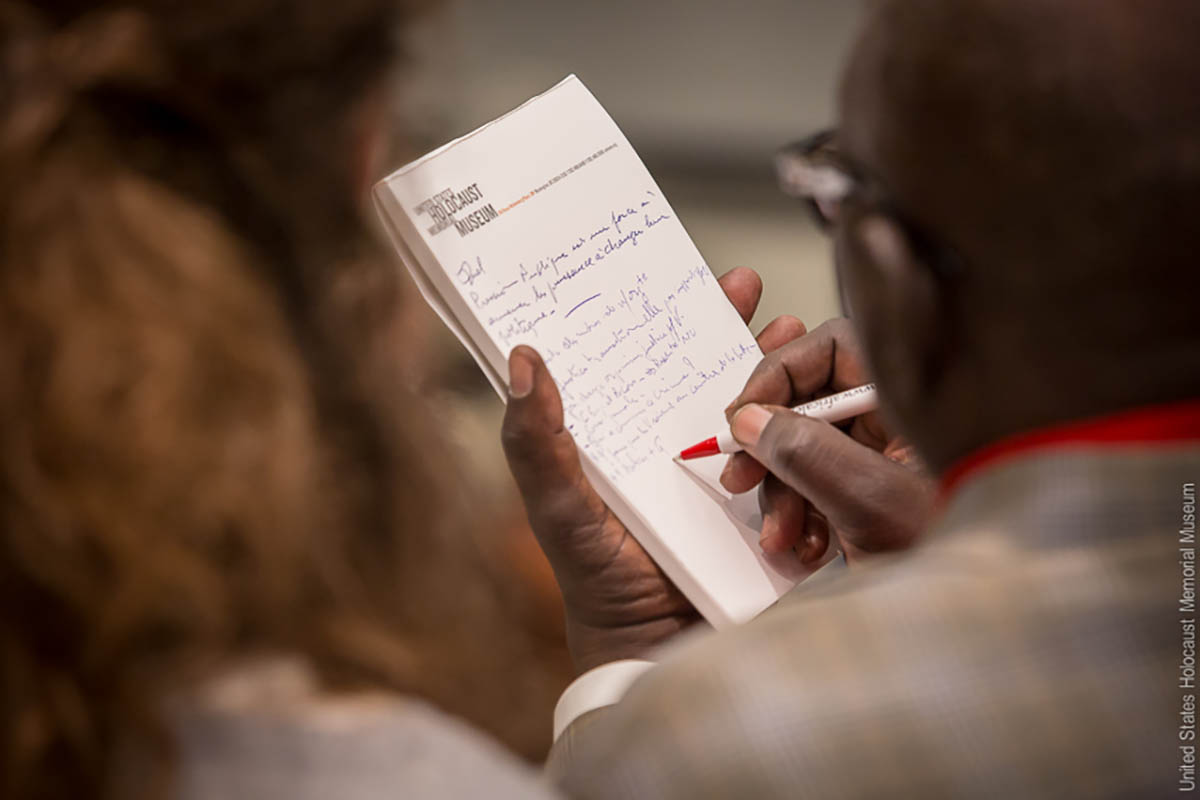
Training, Education, and Mentoring
We are striving to equip the next generation of change-agents, both in the US and in countries affected by mass atrocities, with the tools, skills, and knowledge to become justice champions.
-
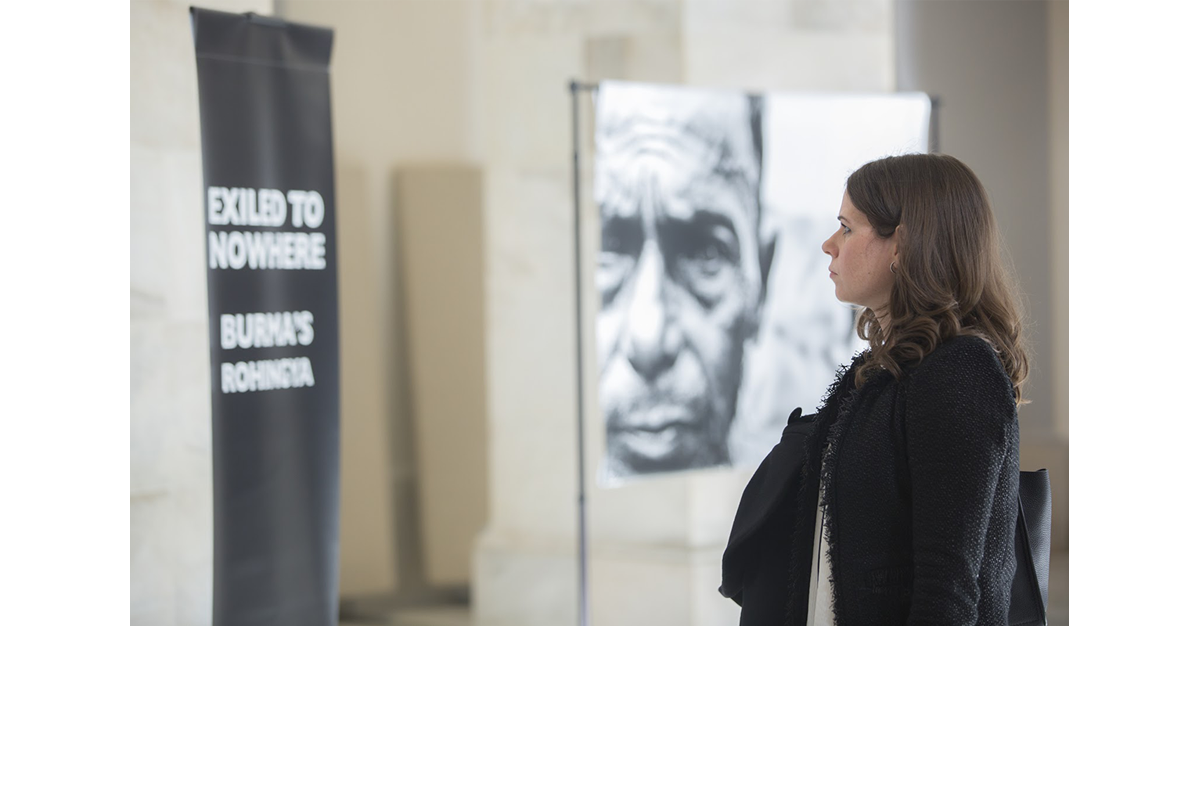
Pragmatic Research
We foster cutting-edge, practical, and policy-relevant research to identify new ways to provide redress for victims and new approaches to address gaps in the field, and we put this research in the hands of key decision-makers.


About Benjamin Ferencz
Benjamin Ferencz was an iconic voice and change-maker in the field of international justice who helped define modern international criminal law. At 27, Ben prosecuted 22 Nazi defendants in what has been called “the biggest murder trial in history.” He went on to represent Jewish victims to claim restitution after the Holocaust and has fought to build the architecture of international justice around prevention and accountability. The Ferencz Initiative is continuing his mission for a more peaceful and just world.
-
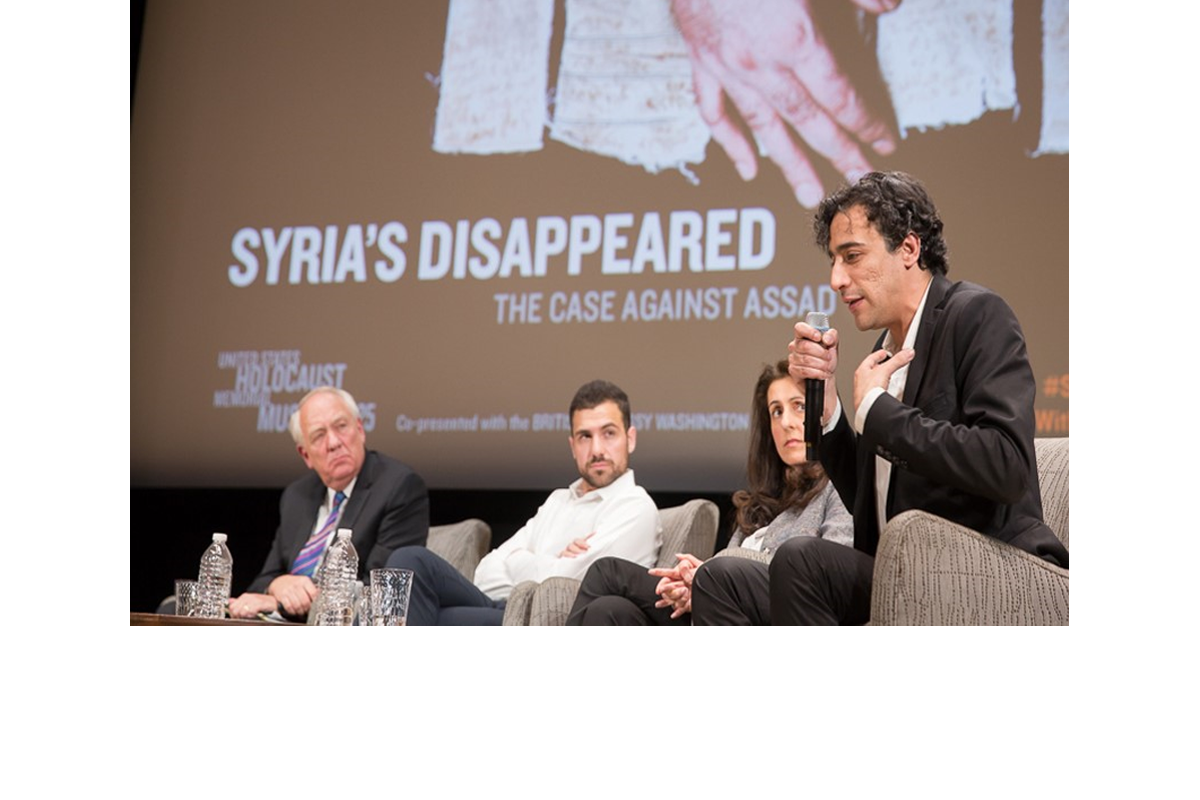
Public Outreach
We use the Museum’s stage and platform to inspire others—particularly students and the next generation of change-agents—to take action and to demand justice for genocide and crimes against humanity.
-

About Transitional Justice
Learn more about the range of tools that exist to help societies emerging from periods of widespread violence and conflict to heal from the past.
-
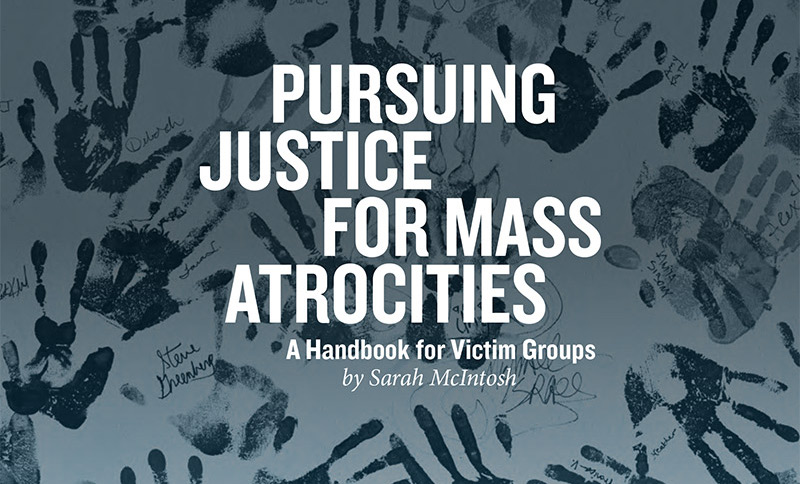
Pursuing Justice for Mass Atrocities: A Handbook for Victim Groups
The Handbook offers guidance on what victim groups can do to advance justice efforts during and in the aftermath of mass atrocity crimes. It draws on dozens of real-life examples and expert interviews, and offers practical advice and strategic insights in clear and accessible language.

